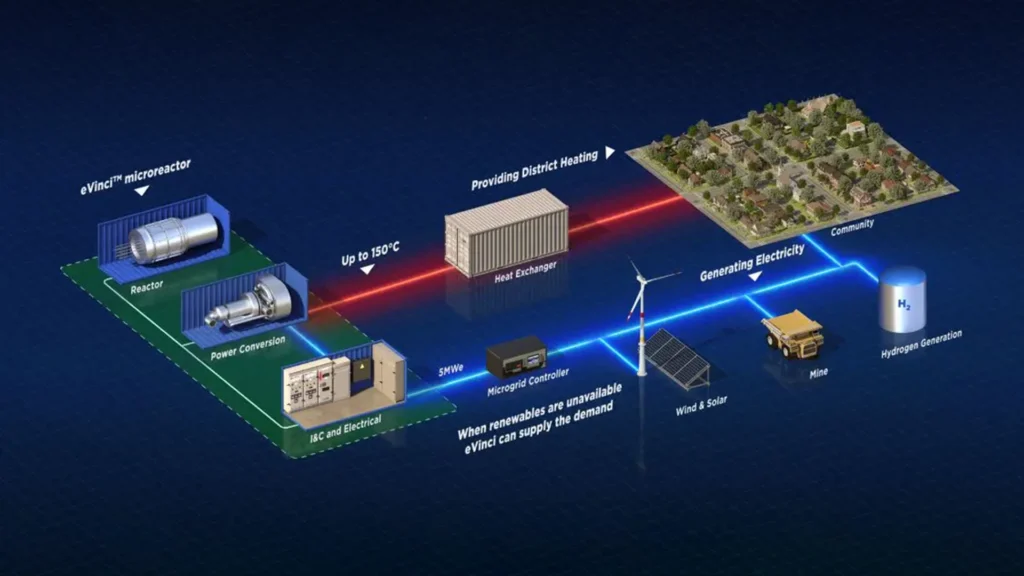Lawmakers will return to Juneau in less than two months, and for the Bering Strait and Norton Sound region, Senator Donny Olson and Representative Neal Foster are setting priorities for the coming legislative session.
Representative Neal Foster, who handily won reelection earlier this month, has not been idle in the lead up to January’s session: he recently finished a visit to Puerto Rico to see uniform factories owned by Sitnasauk Native Corporation, “and then I went straight from there to Phoenix, to do an Iron Man triathlon.”
Foster will be co-chairing the House Transportation committee, and we will be one of four Democrats caucusing with the Republican majority this year; both are positions he said will help projects and priorities for the region.
“When you’re in the majority, you have a much, much better chance of getting legislation through that’s beneficial for our district,” he said Friday, “as well as to blocking legislation that might be harmful to rural Alaska.”
One such item that Foster said he fears could be harmful is a potential raid of the Power Cost Equalization fund, a $957 million fund that helps provide affordable energy in otherwise high-cost parts of the state. Foster said he worries that money could be too tempting for some lawmakers to leave alone.
“If you put up a dam or a pipeline to serve the folks along the rail belt, those are assets you can’t take down. You can’t raid that. Whereas Power Cost Equalization, if you have a billion dollars in a fund, and all of a sudden the state is in deficit spending—like we are now—at some point down the road, does that become vulnerable?”
Foster’s solution is to turn liquid cash into permanent bush infrastructure, including bolstering existing wind farms to initiating natural gas development through small-scale and noncommercial projects to meet local needs. Regional or even community nonprofit drilling programs could work with the state to make it happen, he said.
“The first step in doing that is, you need to be able to drill for that, and there’s been talk … what if the state purchased a portable drill rig? Where you could bring it into these small communities, get the natural gas exploration holes done? If that was successful, that would help the local community, and from there you just move that portable drill rig to the next site.”
Senator Donny Olson has been been staying busy before the session too—flying a Learjet for medevacs in Barrow, what he calls “the pinnacle” of his aviation career—but while Foster is relying on his ties to the House majority, Olson won’t be caucusing with the Senator Majority this year. He’s been replaced in the 15-member group by Bethel Democrat Lyman Hoffman. Losing that connection to the majority isn’t ideal, Olson said, but he will retains his influential place on the Senate’s finance committee, one he’s held for the last 14 years.
“It would have been better to be in the majority,” he said on the phone from Barrow, “but that’s not the end of the world. I’m still there at the table where the money’s being spent.”
Spending will be a major focus of lawmakers this session, with hundreds of millions in deficit spending and more than a billion dollars in deficits projected in 2015, depending on how oil revenues are impacted by oil prices. Olson said painful cuts could be coming.
“When you have a budget deficit that’s been going on, that’s what’s really going to go ahead and affect us, as far as social programs, as far as education, health programs,” he said. “So that’s where you’re going to see the big cuts that are out there.”
Both Foster and Olson said they’re looking to governor-elect Bill Walker and lieutenant governor-elect Byron Mallott to focus on rural needs heading into the next legislative session, and to mitigate any cuts as much as possible.
“The real light at the end of the tunnel may be … Bill Walker and Byron Mallott there on the third floor. They’re much more rural oriented,” Olson said.
“I am very optimistic that we’re going to see a lot more of a rural emphasis,” Foster added.
The 29th Alaska Legislature begins in Juneau Tuesday, Jan. 20.







